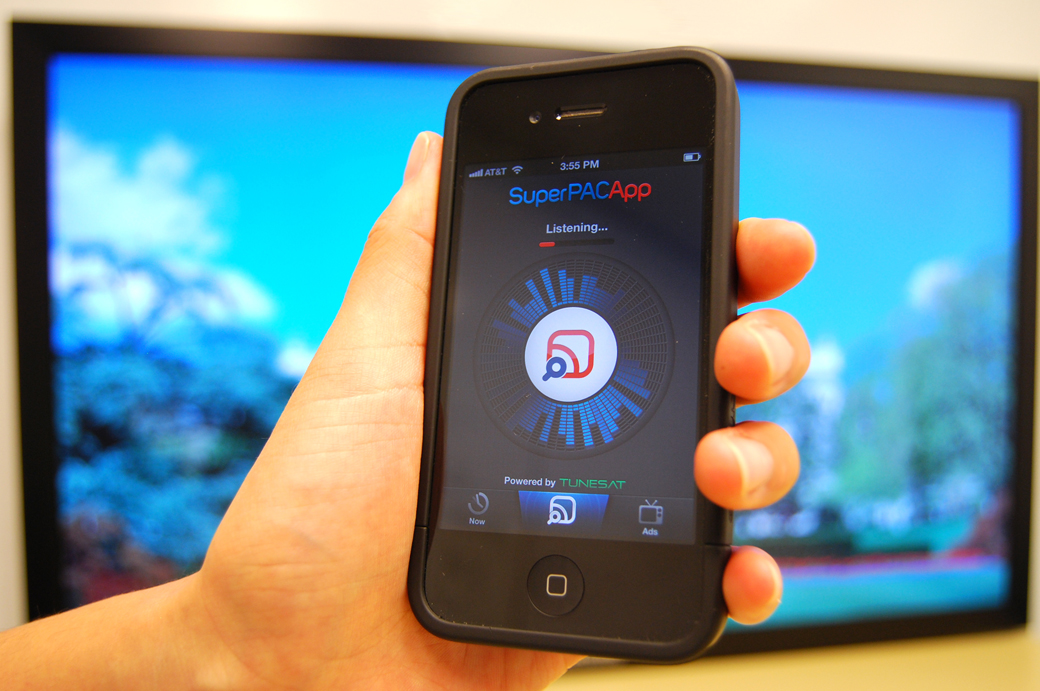
What an app’s data can tell you about political campaigns
Knight Foundation funded the Super PAC App as part of a series of grants to get people more engaged in the democratic process. Here, the app’s co-founder Dan Siegel and Jennifer Hollet write about the lessons in the data.
Last week, we loaded Super PAC App data onto our site in visual, interactive form. This allows you to see what users did with Super PAC App—when, where, and how they used the app and rated all the campaign ads. We invite you to look through the data and share what you find with us ([email protected]). Mother Jones used the data to determine the most loved and hated TV ads, while bloggers have checked which types of groups seemed to lie the most. What do you see? In the wake of about a thousand TV ads packed with nearly 1,500 claims costing roughly a billion dollars of air time – what did we at Super PAC App discover? Three things beyond the data that we think matter for future elections:
- Mobile matters: We work, play, and learn on our phones both on the go and on the couch. Critically for Super PAC App, the info users glean from their phones is not just a holdover until they sit down and research more, later. The amount of time people spend staring into their phones (at the expense of other screens) and locking in opinions based on that information will continue to grow.
- Moments matter: Usage of Super PAC App jumped not only with press or promotion but with events in the campaign (full infographic here). These jumps occurred with the Democratic National Convention, when the “47% video” of Mitt Romney was leaked, with the first debate, and a few days before the election. While it’s hard to draw firm conclusions from this, our hunch is that users tune in when something big is happening, and we became part of that “tuning in.” Many people’s opinions are probably locked in during these short windows.
- The truth matters: lies are easy to tell, but maintaining them is not anymore. Thanks to the work of fact-finding outlets like PolitiFact and FactCheck.org, fact-checking became its own meme in 2012. Voters sought real-time truth telling tools. This trend was embraced by mainstream media outlets and in Twitter hashtags during the debates. Super PAC App was able to tap into this demand for information beyond the B.S., by making fact checking fun and easy.
We hope the Super PAC App helped users cut through the noise of political TV ads, and that the data offers the same. It’s an opportunity to look at how the campaign and Super PACs spent most of their money, what those ads were saying, and how that translated to those who watched and rated them. Technology is creating new opportunities for politics and journalism, and thanks to the support of Knight Foundation, Super PAC App is proud to have created a tool that offered greater transparency and helped inform voters.
By Super PAC App co-founders Dan Siegel and Jennifer Hollet
Recent Content
-
Journalismarticle ·
-
Journalismarticle ·
-
Journalismarticle ·


